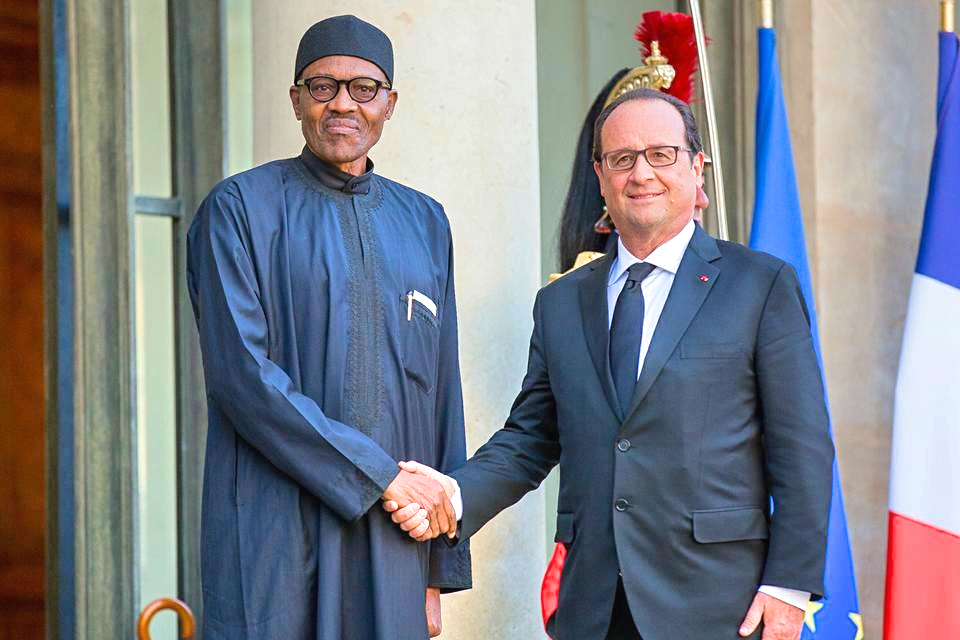FRANCE and AFRICA.
Decolonizing without Self-Decolonization
Introduction.
The studies of decolonization apparatus of France in Africa, implies economic measures and political theories of migration policy. These emphases constitute a critical role of France engagement in the African affairs from the aspect of a prominent human labor capital to the migration condition of African in France. This paper looks at different aspects and centers conspicuous facts proven to be the catalysts of the 19th and 20th century’s movements. Three points to be taken in consideration: The portraying of colonization history, the illusion of building economic empire at little cost and colonized territory meet its own need and practices regarding immigration. These points will be discussed later in this critic. This article by Achille MBEMBE is another academic work that continue to add concerns on decolonization rising methods of former colonial rulers and critical application of new strategies enforce to execute in one way or another economic and political policies for the progress of a nation.
Development
In the idea of revisionism, Achille Mbembe argues about the temptation that many people in France are pursuing to present colonialism matter as “pacification” “development of vacant territories with no rules” dissemination of education,” “introduction to modern medicine” “creation of administrative and judicial institutions”. He continues to emphasize on this new ideas literally how it has turned the history of colonialism in to a portrayed academic that disvalues the concept of humanitarian catastrophic period in to a conquest of political and economic primitive adventure that fail to acknowledge “conquest war”, human lose, and disrupted culture of colonialism savage. The portraying of colonialism history brings forth a dilemma of ethical concerns in this matter, art integrity and cultural of a whole continent to advance step of change in its social, political and economic spheres and how these are viewed in term of contemporary history. In his argument Achille Mbembe present a view that could in one way or another show that: portraying history as such as colonialization for the purpose of justifying the possession of modernization of enterprises could be a systematic approach to the disruption of a building culture, politics and social coherence of a nation. As this paper puts it; “the illusion of building economic empire at little cost and colonized territory meet its own need” one could understand raison behind the defined illusion and as the author wrote, modernization enterprises had invested in to building the metropole economy leaving the rebuild of decolonized territory to meet their own demands.
France conquest was a critical phenomenon in the African colonization period, differently comparing to the British. The African labor force justified economic inputs that France had profited to expand its occupation in the African territories and therefore accumulating more sovereignty to establish French colonies in the north, west and central Africa. Nevertheless, France had pushed so hard to create cooperation treaties with other nations in the league to interfere in matters that seems to look going indirectly to France interest. Nevertheless, what have been proven is the rebuilding of decolonized territories that is the matter left to the people of the place to address social, political and economic need that still holding back the territories’ development. Practices regarding immigration. The author has put emphasis on the treatment of the tribal people and what he has referred to the Tocqueville statement that said “all means for desolation the tribes must be used” “I believe” “that the right to warfare gives us authority to ravage the country, and that we should do it either by destroying crops at harvest time, or by making quick incursions – known as razzias – at all times in order to seize men or berds”. In this regard African could not be permitted to become head of institutions in France and similar situation explains the measures of deportation and immigration blockage policies to prevent and deprive certain privileges for Africans.
Conclusion
France and Africa: decolonizing without self-decolonization it is another apparatus of critical argument that had so far shown the portraying of colonization history, the illusion of building economic empire at little cost and colonized territory meet its own need and practices regarding immigration. These phenomenon characterize changes in academic scholarly work that believe in to colonialism history that was made out of humanitarian crises, to be a modernization enterprise of political and economic conquest that the metropolitan had authority to do what they had to do in order to build their economy. This same theory could also emphasize up on the fact that metropolitan was invested from the African resources and leaving the people of the colonized territories to meet their own demands. As such as this paper puts it, decolonization process never been a crime against humanity but ways of developing certain part of the world that need much to invest in order to respond to the actual need. The immigration policy against extending full citizenship and the inflow of African immigrants in France are the others concerns that the author criticize the law based on discrimination between citizens and aliens. It is in need a concern that have deported in 2004 a number of 15000 people from France and that in 2005 a number of 23000 aliens should face deportation.
By Arishid M. Aveira
References
- Britain, France and the Decolonization of Africa: Future Imperfect: Edited by Andrew W.M Smith and Chris Jeppese.
- The Decolonization of Africa: southern Africa and the Horn of Africa. Meeting of Experts on the Decolonization of Africa: Southern Africa and the Horn of Africa, Warsaw, by UNESCO.
- United Nations third international decade of the eradication of colonialism. Pacific regional seminar on the implementation of the third international decade for the eradication of colonialism: current realities and prospects. Presented by professor Edward WolfersThe
- Decolonization, the French Empire and sites of memory Dr Robert Aldrich, University of Sydney.
- Decolonizing the Mind the politics of language in African Literature. By James Currey.
- Decolonization processes in the South Pacific Islands: a comparative analysis between metropolitan powers Paul de Deckker.
- The Dialectics of Decolonization: Nationalism and Labor Movements in Postwar . Africa. Fred Cooper. 8. Decolonization in Africa and Pan-Africanism Ogba Adejoh SYLVESTER & Okpanachi Idoko ANTHONY.

